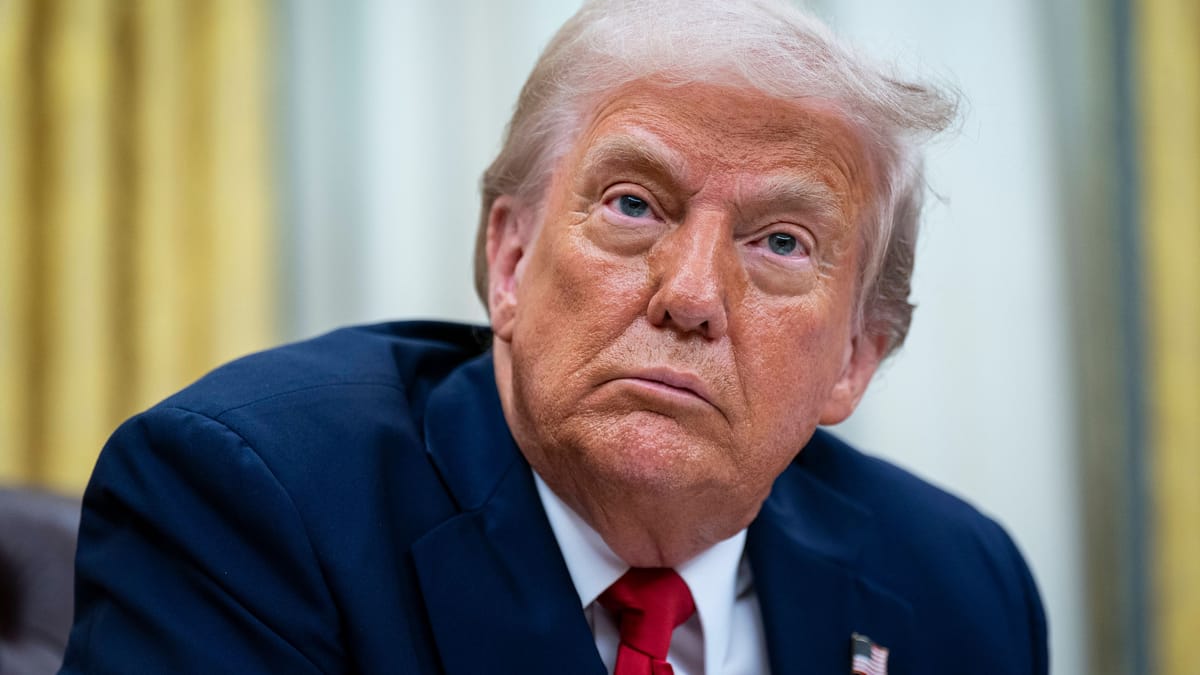
As a response, the EU could impose targeted counter-tariffs to American products such as soy and whiskey, Harley-Davidson motorcycles or jeans. The situation was similar in the trade dispute under Trump 2018. However, these measures have a symbolic character because the trading volume for these products is low.
It would also be possible to accommodate Trump. Existing tariffs could be reduced or completely abolished. If this were de -escalated in this way, some even dream of a possible free trade agreement, in which customs borders for certain economic segments on both sides of the Atlantic could finally fall.
However, the dispute continues to escalate, the EU would sit on the shorter lever in classic tariffs due to the large trade surplus. That is why some EU countries are considering digital tax that would mainly meet large US technology groups such as Google, Apple, Facebook and Amazon. In addition, Europe could expand trade agreements with other partners such as China or India to reduce dependence on the US market. A closer industrial policy cooperation within the EU, for example through increased subsidies for key industries such as the semiconductor industry, is also on the debate.
The trade conflict unsettles companies that therefore rethink their investment and supply chain strategies. This could slowly slow down growth in Europe. Counter-duties on US products can serve as means of pressure, but again the United States countermeasures that could hit European key industries such as the automotive industry or the chemical industry even more.
If the EU introduces digital tax, Washington could react with sanctions or restrictions for European companies in the US market, for example against banks. Digital and financial services could be extremely more expensive for consumers because there are no serious European alternatives to be relevant to which one could change.
Trump wants to drastically increase the tariffs for two main reasons. On the one hand, he pursues his “America First” policy, which is based on the promise to protect American jobs and strengthen domestic industry. He sees trade deficits as a loss for the United States and believes that higher tariffs will make foreign companies to either produce in the USA or to buy more American products. This corresponds to his transactional view of international relationships, in which he rates every deal as a profit or loss. Trump’s attitude is opposed to the common teaching opinion, which emphasizes the reduction of trading obstacles.
On the other hand, Trump uses customs threats as a negotiation tactic, creating an “environment of fear”. He thus serves his voter base, which he promised to tough against supposedly unfair trade practices from other countries.
Economically, a dangerous inflation spiral threatens: higher import prices that are passed on directly to consumers and thus raise the cost of living. Trump had promised exactly the opposite in the election campaign.










